Coronavirus: Global human development slumps to lowest level ever, with a long and painful crisis looming
A startling new report warns the consequences of coronavirus will be felt for years, with a measure of human wellbeing at its worst level ever.
A measure of global human development has slumped to its lowest level on record due to the coronavirus crisis, with significant impacts on education, health and living standards.
The United Nations Development Programme has warned that the COVID-19 pandemic is “unleashing a human development crisis”, with some conditions today the equivalent of levels last seen in the mid-1980s.
“The world has seen many crises over the past 30 years, including the Global Financial Crisis of 2007-09. Each has hit human development hard but, overall, development gains accrued globally year-on-year,” UNDP administrator Achim Steiner said.
“COVID-19 – with its triple hit to health, education, and income – may change this trend.”
The UN agency tracks progress on three key areas of development, being health, education and living standards, and is forecasting a major slump over the coming 12 to 18 months.
And without urgent action from the global community, the pandemic could wipe out “all the progress in human development of the past six years”.
RELATED: Follow the latest coronavirus updates
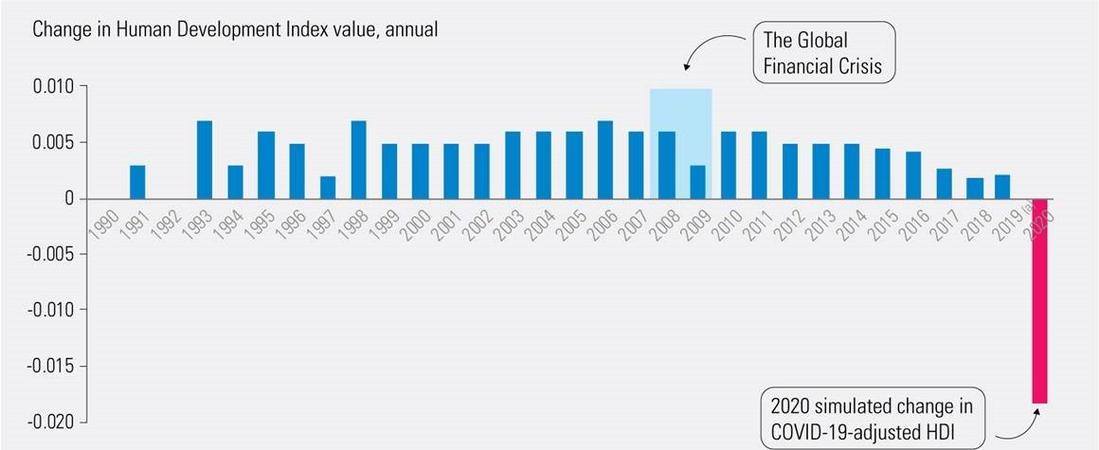
“This pandemic is a health crisis, but not just a health crisis,” Mr Steiner said.
“For vast swathes of the globe, the pandemic will leave deep, deep scars. Without support from the international community, we risk a massive reversal of gains made over the last two decades, and an entire generation lost, if not in lives then in rights, opportunities and dignity.”
On the health front, on top of the death toll, which has climbed past 300,000 globally, the UN agency believes there could be an additional 6000 child deaths every day due to preventable causes over the next six months.
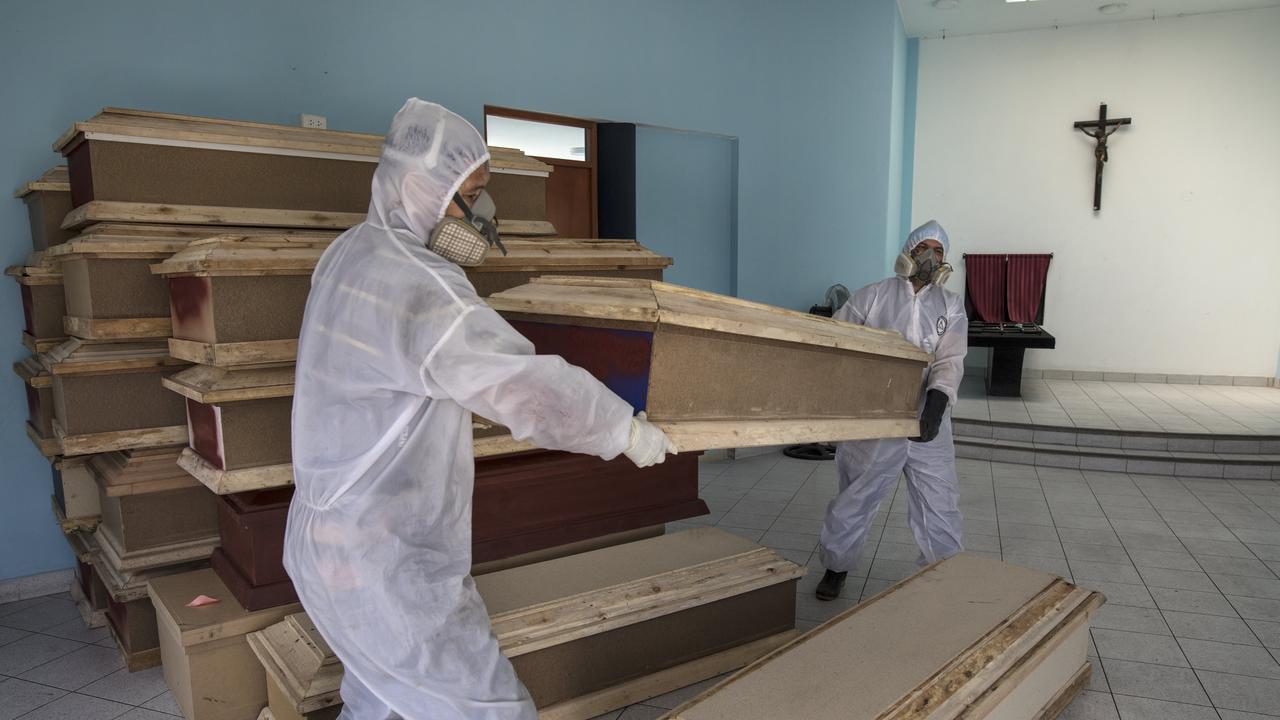

Economic activity has experienced the largest contraction since the Great Depression and the consequences of this will be most felt in developing nations, less able to cope with the pandemic’s social and economic fallout.
“Yet, even when the disease passes, the whole human family will live with its effects for years to come, although we will pay vastly different costs,” the UNDP report said.
Global per capita income is expected to fall four per cent and the World Bank warns that the pandemic could push between 40 and 60 million people into extreme poverty this year, with sub-Saharan Africa and South Asia hardest hit.
“The International Labour Organisation estimates that half of working people could lose their jobs within the next few months, and the virus could cost the global economy US$10 trillion,” the UNDP report said.
RELATED: Feeling tired in lockdown? This is how to fix it
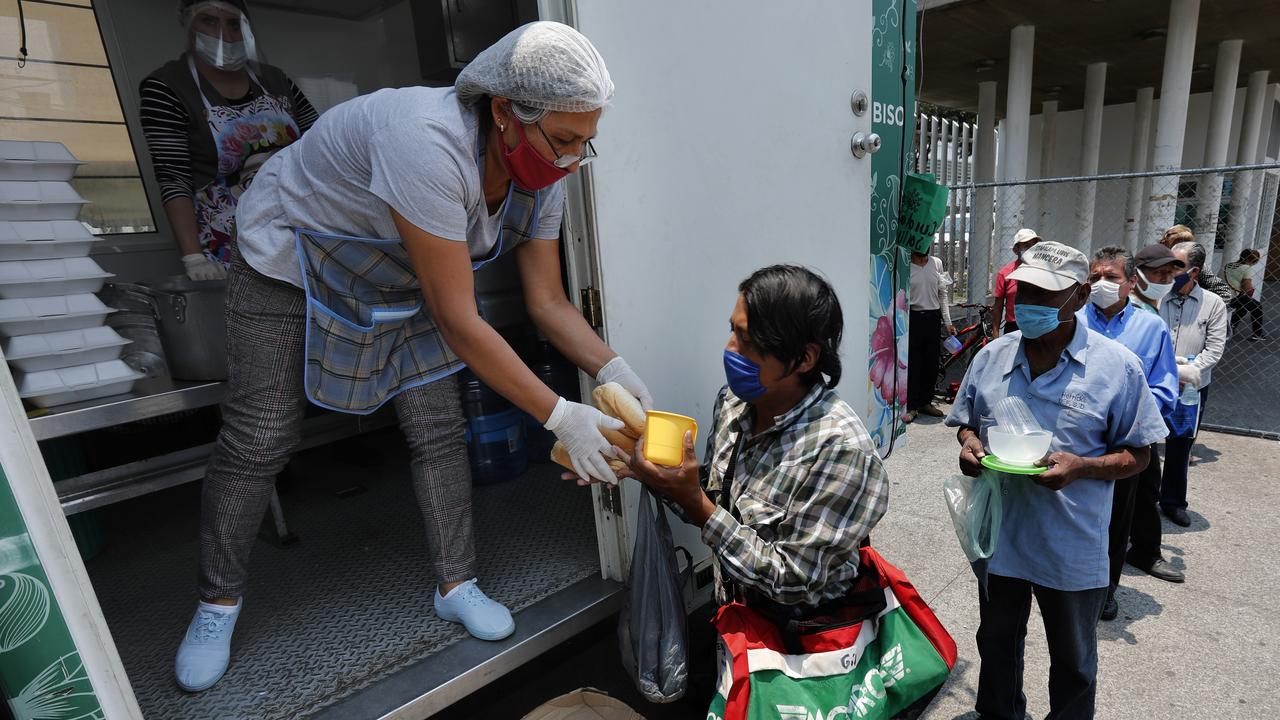
Childhood education will also take a hit, with effective out-of-school rates in primary education expected to slump to levels not seen in more than three decades.
It’s estimated to be about 60 per cent, taking into account the proportion of children without access to the internet for learning.
Access to technology is contributing to inequality across the board, says Pedro Conceição, Director of the Human Development Report Office at UNDP, said.
“This crisis shows that if we fail to bring equity into the policy toolkit, many will fall further behind,” Mr Conceição said.
“This is particularly important for the ‘new necessities’ of the 21st Century, such as access to the internet, which is helping us to benefit from tele-education, tele-medicine and to work from home.”
RELATED: How the JobKeeper scheme flopped
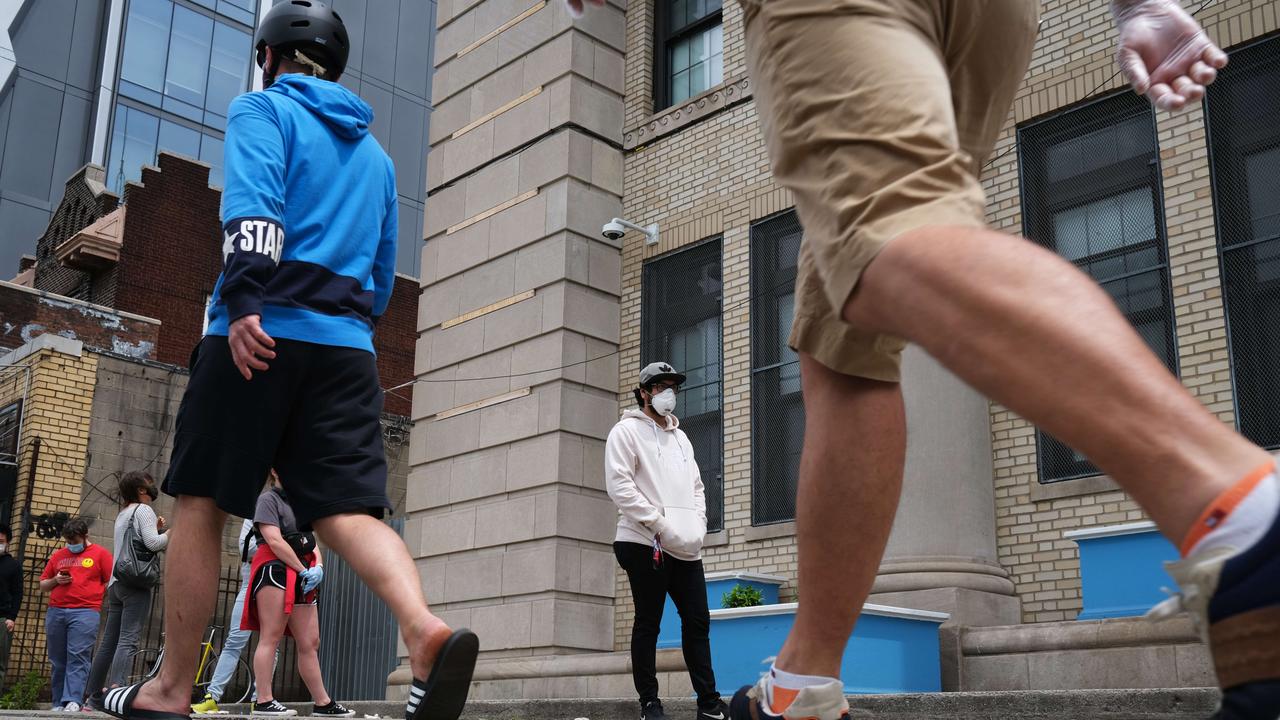
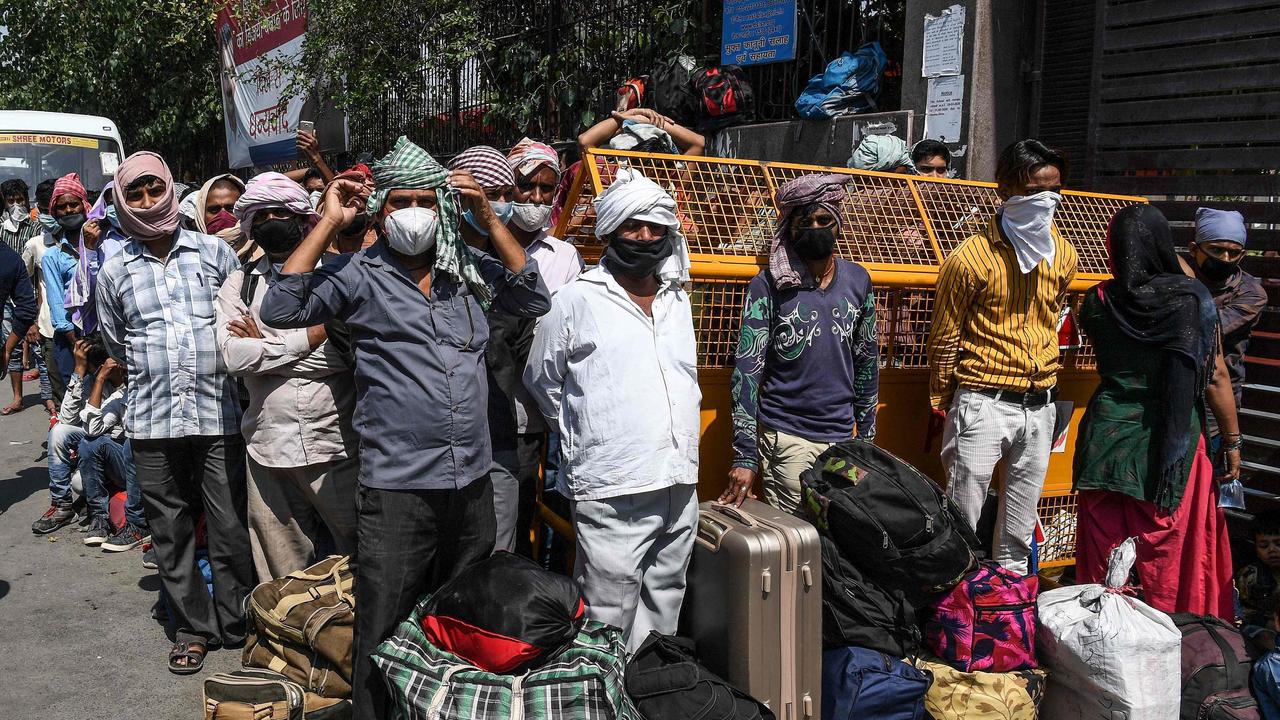
Boosting internet access for low- and middle-income countries is a relatively cheap goal, he said. It would cost one per cent of financial aid packages that the world has already committed to as part of the global response to COVID-19.
The measure doesn’t factor in “less visible indirect effects” of the pandemic, which are yet to be fully documented, including increased levels of domestic violence.
The UNDP has recommended five steps to tackle the looming human development crisis, including protecting health systems, ramping up social protection initiatives, protecting jobs, developing macroeconomic policies, and promoting peace, good governance and trust to boost social cohesion.




